Effective waste management in healthcare facilities plays a vital role in preventing the spread of infections and ensuring the safety of patients, healthcare workers, and the environment. Medical trash cans are integral to this process, acting as a containment solution for biohazardous waste. This guide explores the importance of medical trash cans in healthcare waste disposal, highlighting the significance of following guidelines and utilizing appropriate containers. Whether you are a healthcare professional or responsible for managing a healthcare facility, this article provides essential insights into the proper selection, use, and benefits of medical trash cans.


Scope of application
General chemical reagents and disinfectants discarded from the laboratory are discharged into the sewer. Classified and bagged collection, special-person recycling treatment, disposal method: incineration can be used for incineration, high-hazard waste such as the culture medium, specimens and bacterial species of pathogens in medical waste should be autoclaved or chemically disinfected, and then according to infectivity Waste collection and processing. Domestic garbage (except those discarded by infected patients) can be treated as ordinary domestic garbage.
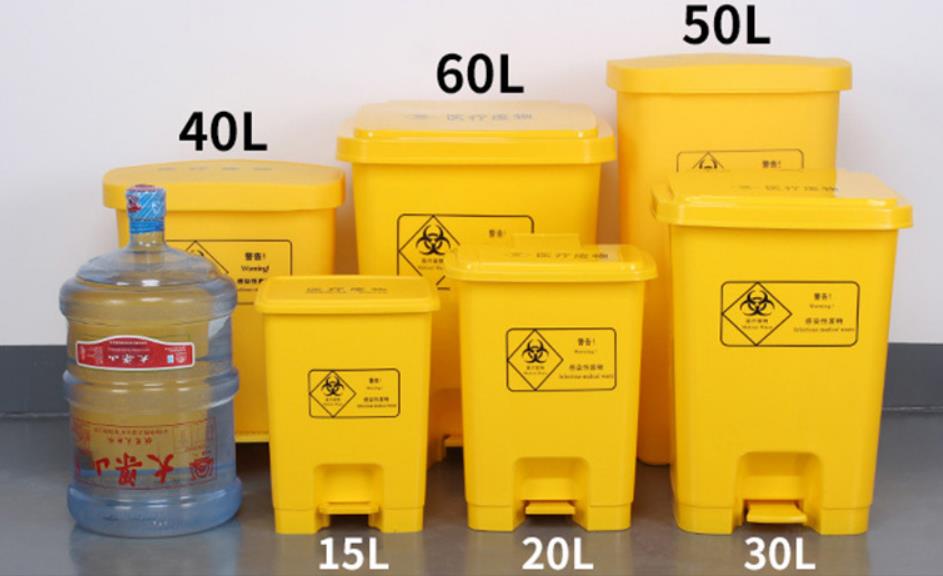
Proper waste disposal is of utmost importance in healthcare facilities to maintain a safe and hygienic environment. Medical trash cans play a crucial role in efficient waste management, especially when it comes to handling and disposing of biohazardous waste properly. Understanding the significance of these specialized trash cans and adhering to the appropriate guidelines is essential for the well-being of patients, healthcare workers, and the general public.
One of the primary purposes of medical trash cans is to contain biohazardous waste. It is crucial to segregate potentially infectious materials, such as used Needles, contaminated dressings, and other items that may carry pathogens. Using designated medical trash cans for this purpose helps prevent the spread of infections and ensures that potentially hazardous materials are handled and disposed of correctly.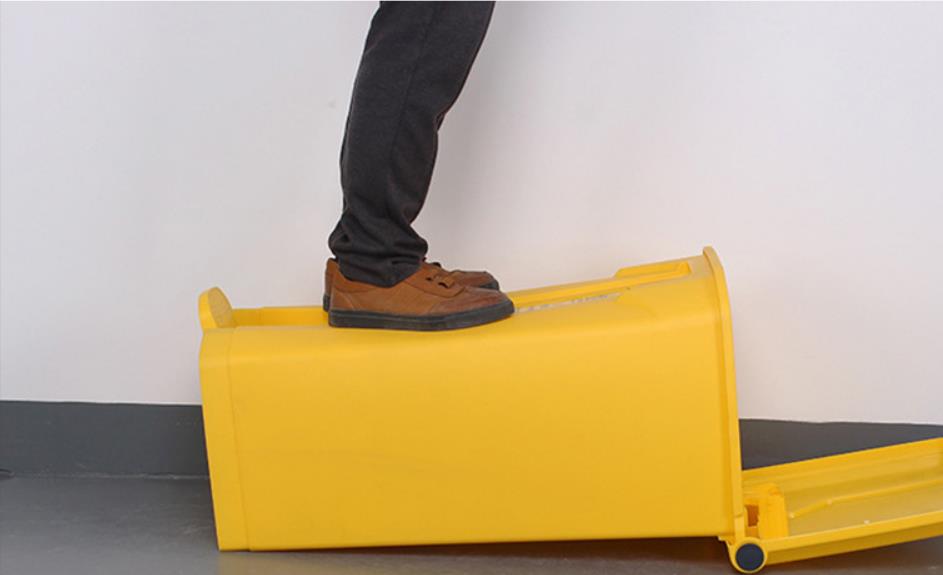
When selecting medical trash cans, it is essential to choose containers specifically designed for healthcare waste disposal. These trash cans are typically constructed with durable, leak-proof materials that can contain potentially infectious substances without compromising safety. Look for biohazard Waste containers that comply with relevant standards and regulations to ensure proper containment and disposal of medical waste.
Proper labeling of medical trash cans is equally important. Clear and visible biohazard symbols or labels help identify containers designated for biohazardous waste. This labeling serves as a reminder for healthcare practitioners and staff to dispose of waste correctly and prevents accidental exposure to potentially harmful substances.
Follow guidelines and protocols for medical waste disposal to ensure compliance with local regulations and best practices. Proper waste segregation, handling, and disposal methods should be employed to minimize the risk of infections and protect the environment. Train healthcare staff on these guidelines to ensure consistent and safe waste management practices throughout the facility.
Apart from containing and disposing of biohazardous waste, medical trash cans also contribute to the overall cleanliness and sanitation of healthcare facilities. Regularly emptying and cleaning the trash cans help maintain a hygienic environment and prevent unpleasant odors. Dispose of waste bags promptly, ensuring they are securely sealed to prevent leaks and further contamination.
In conclusion, medical trash cans are critical components in healthcare waste management. They serve as containment solutions for biohazardous waste, helping prevent the spread of infections and ensuring the safety of patients, healthcare workers, and the environment. By selecting appropriate containers, adhering to guidelines, and training staff on proper waste disposal, healthcare facilities can maintain a safe and hygienic environment. Remember that efficient waste management is a shared responsibility and contributes to the overall well-being of healthcare settings and the community at large.

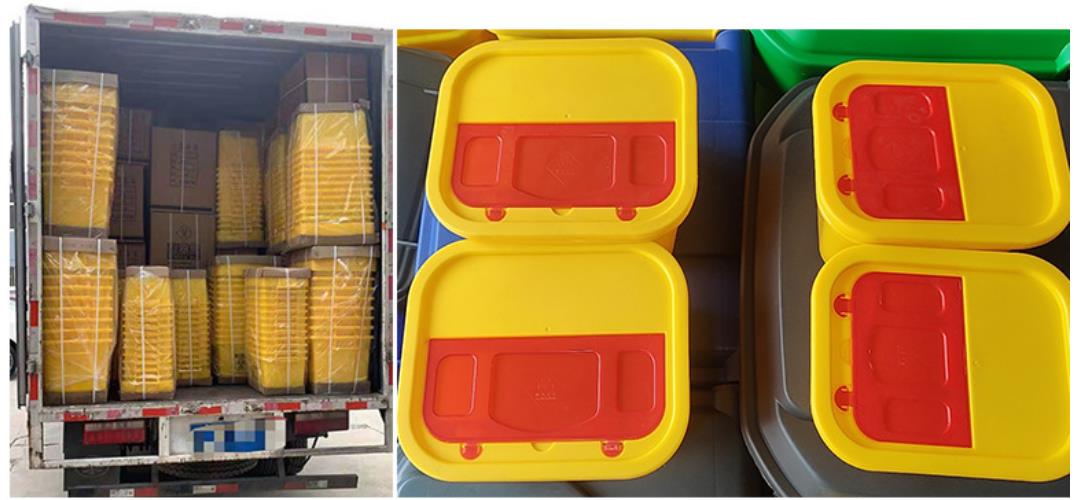
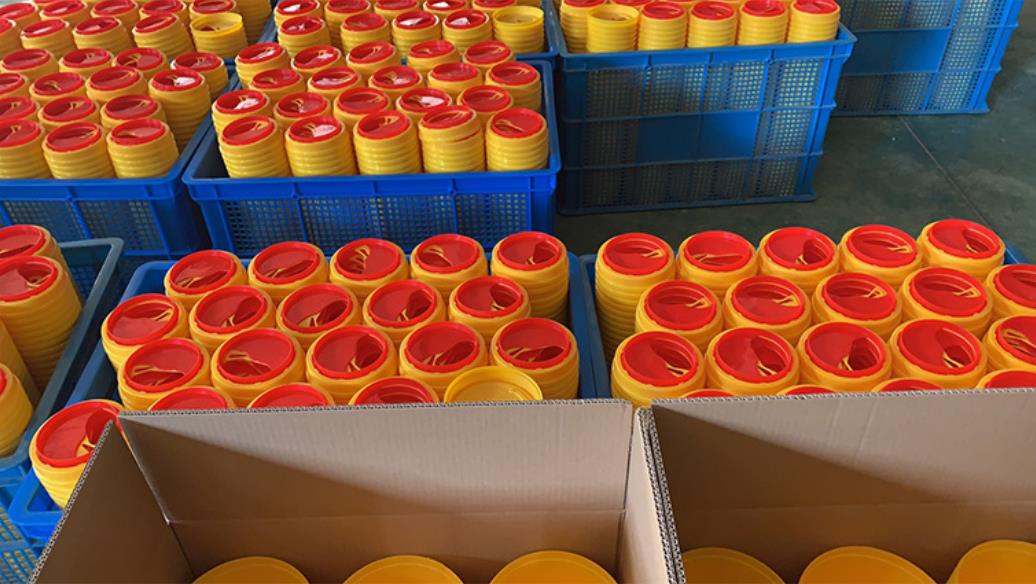
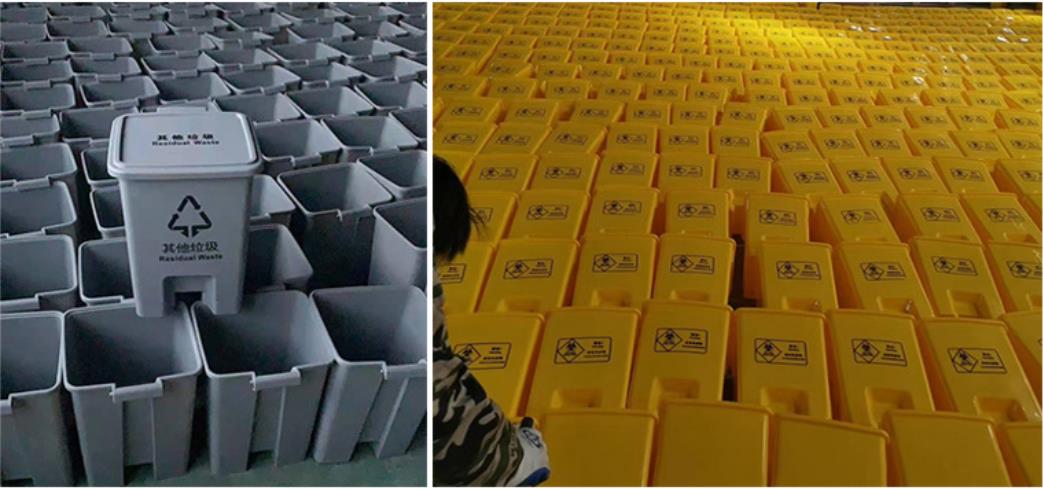
Contact: Neo
Phone: 008615867460640
E-mail: Info@Hwtai.com
Whatsapp:008615867460640
Add: Building 2, Xinmao Qilu Science Technology Industrial Park, Tianqiao District, Jinan City, Shandong Province,China.
We chat
